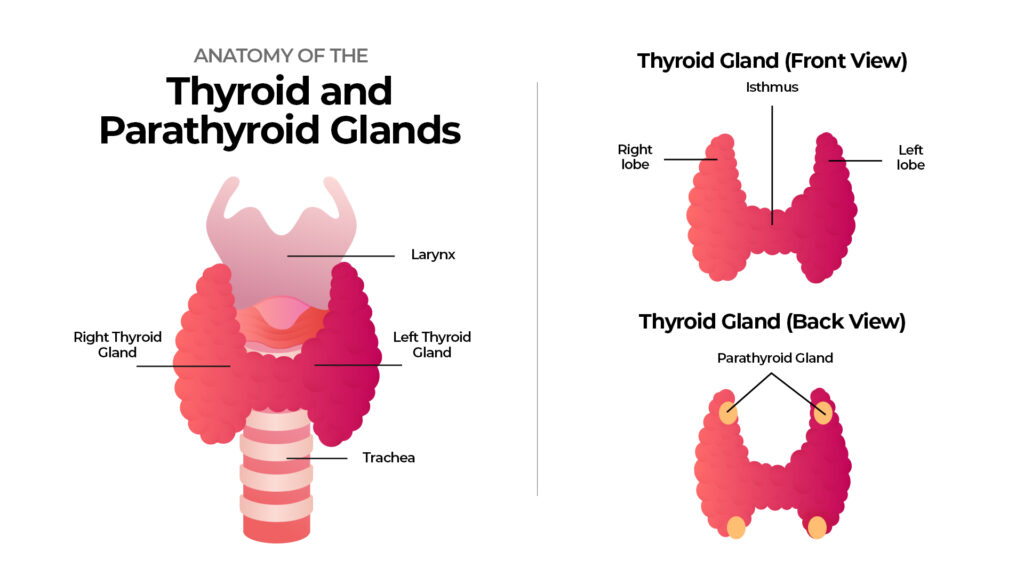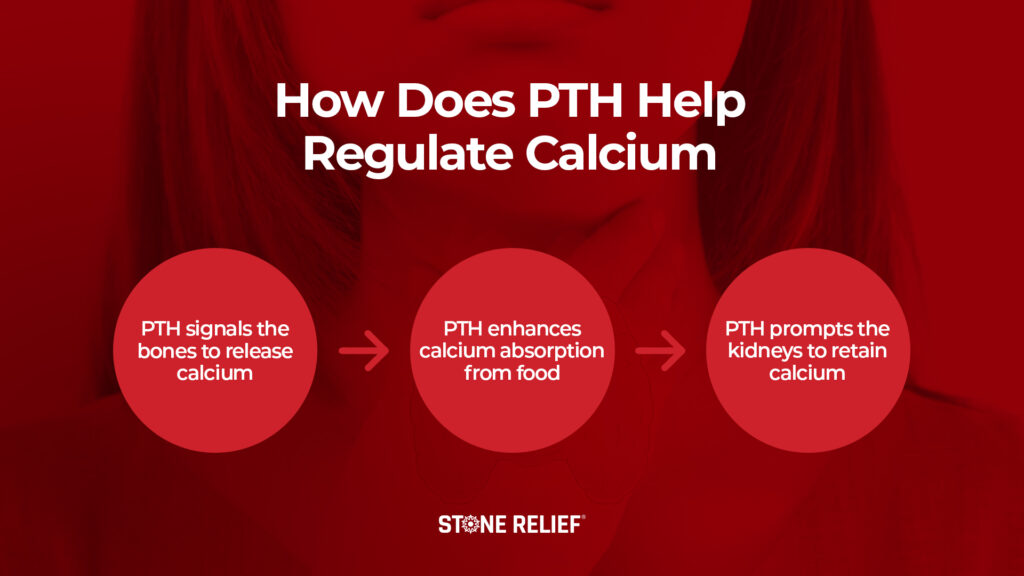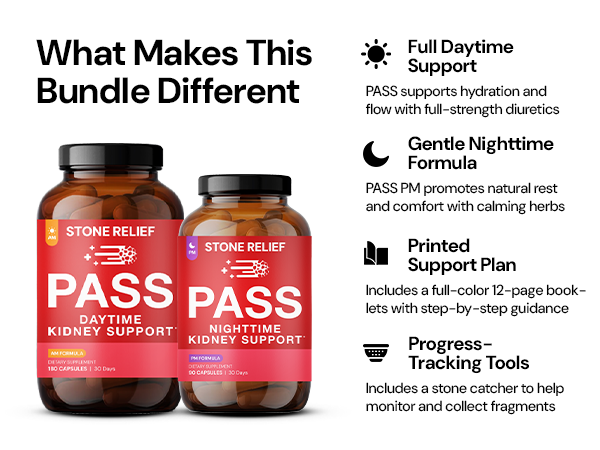Hyperparathyroid Kidney Stones: What You Need to Know
If you've been told your parathyroid is the root cause of your kidney stones, think again. In this blog, we break down the real link between hyperparathyroid kidney stones, why unnecessary surgeries happen, and what steps you can take to protect your health naturally.
Key Takeaways:
-
Elevated parathyroid hormone (PTH) increases urinary calcium
-
Hyperparathyroidism leads to calcium oxalate and calcium phosphate stones
-
Removing parathyroid glands often doesn't stop kidney stones
-
Correcting diet can eliminate stones without surgery
If you've ever been told your parathyroid gland was to blame for your kidney stones, you're not alone. Millions have had unnecessary surgeries to remove their parathyroid glands, only to discover they still form stones afterward. 
What Is the Parathyroid and How Does It Relate to Kidney Stones?
The parathyroid glands are four tiny, pea-sized glands located in your neck. They are responsible for regulating calcium levels in your body.
Important: This is not the same as your thyroid gland, which handles metabolism and growth.
The parathyroid gland produces parathyroid hormone (PTH). As PTH levels rise, urinary calcium also rises. High urinary calcium can increase your risk for forming calcium-based kidney stones, especially if your diet is high in oxalates.
The extra calcium in your urine comes from three sources:
-
Bone: PTH pulls calcium from your bones
-
Food: PTH boosts absorption of calcium from your diet
-
Kidneys: PTH signals kidneys to retain more calcium
This creates a dangerous environment for kidney stone formation.
🛒 Check Price & Purchase Stone Relief Pass AM/PM Bundle on Amazon
What Happens When PTH Stays High?
When PTH remains elevated long-term, it's called hyperparathyroidism. This condition is mainly driven by a chronic calcium deficiency.
Around 100,000 people are diagnosed with it every year. It's more common in men than women (three to one ratio) and generally impacts those over 50 years old.
There are two types of hyperparathyroidism:
-
Primary: The issue starts in the parathyroid gland itself
-
Secondary: Other problems like kidney failure or vitamin D deficiency trigger it indirectly
The root cause is often chronic low calcium intake, triggering the glands to overproduce PTH in an attempt to stabilize calcium levels.
Synthetic vitamin D and vitamin A toxicity can also worsen the problem by further stressing your kidneys and calcium balance.

How Does Hyperparathyroidism Cause Kidney Stones?
Here's the hard truth: about 30% of people with hyperparathyroidism will develop kidney stones.
The most common type? Calcium oxalate stones.
When high urinary calcium from excess PTH combines with oxalates from plant foods (like nuts, beans, and grains), calcium oxalate crystals form and grow into stones.
If you eliminate plant-based foods, you remove oxalates from your diet, drastically reducing your calcium oxalate stone risk.
Hyperparathyroidism can also lead to calcium phosphate stones. Elevated PTH raises urinary phosphate levels, creating a second path for stone formation.
However, calcium phosphate stones require alkaline urine to form. If you eat a diet rich in animal products and limited ripe fruit, your urine will naturally stay neutral, preventing both stone types.
Key reminder:
-
Calcium oxalate stones = calcium + oxalate
-
Calcium phosphate stones = calcium + phosphate + alkaline urine
🛒 Check Price & Purchase Stone Relief Pass AM/PM Bundle on Amazon
Why Surgery Often Fails to Solve the Problem
Many patients are rushed into parathyroid removal surgeries without understanding the real cause of their stones.
Even after surgery, stones often keep forming because dietary oxalates and metabolic dysfunction were the real culprits—not the parathyroid itself.
This is why removing your glands doesn't fix your stone problem unless you also fix your diet.
The Real Solution: Diet Changes, Not Surgery
If you're suffering from hyperparathyroid kidney stones, you're part of a small but important group.
But here's the good news: you can take control.
Start by:
-
Eliminating high-oxalate plant foods
-
Eating a species-appropriate diet (meat + ripe seasonal fruit)
-
Ensuring adequate calcium intake (around 1200mg daily from whole food sources)
When your body has enough calcium, your parathyroid can stand down. No overproduction of PTH, no stripping calcium from your bones, and no setting the stage for stones.
🛒 Check Price & Purchase Stone Relief Pass AM/PM Bundle on Amazon
Final Thoughts
You don't have to live in fear of kidney stones. You can prevent them naturally—no drastic surgery needed.








